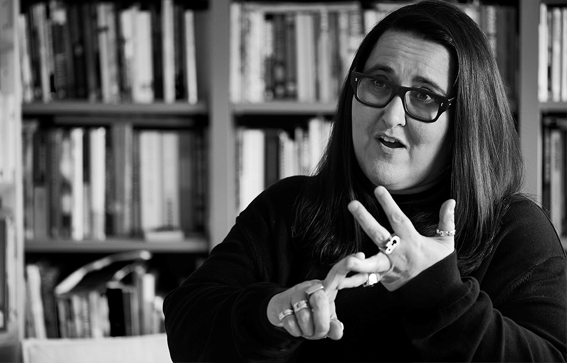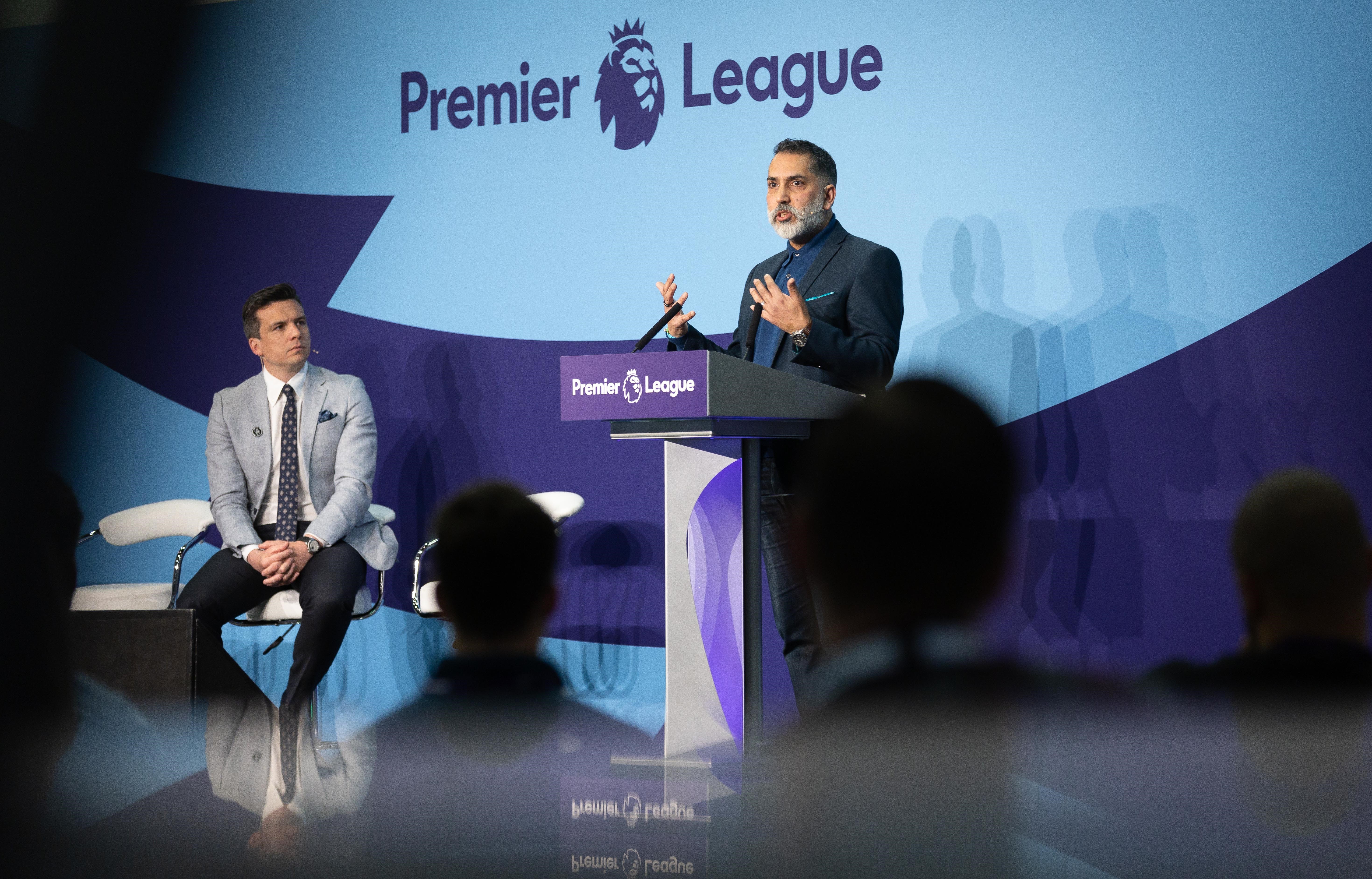The Lionesses gave us a summer to remember, a story of resilience, defiance and belief on the pitch. But even in a tournament that ended in glory, Jess Carter’s revelations of the merciless racist and sexist abuse she received cut through the celebrations and reminded us how deep the online abuse rot still runs.
The new Premier League season has not even kicked off, yet Tottenham’s Mathys Tel has already been racially abused by online trolls after the Uefa Super Cup.
We’ve seen this cycle before. An incident sparks an auction of public outrage: articles, phone-ins, solidarity posts, or virtue-signalling posts, depending on your tribal affiliation. The commentariat roars into action.
Should the Lionesses still take the knee? The focus shifts to policing symbolic gestures, rather than confronting the underlying issues.
We did it in 2021, we are doing it again in 2025. As the Sex Pistols might have put it: another cheap holiday in other people’s misery.
The danger is that the narrative and misdirection around each successive incident creates a growing sense of acquired hopelessness.
This is partly because the commentariat generally prefers to focus on problems rather than solutions. With each high-profile incident, I ask myself whether I am really helping by speaking out, or if it just feeds the media cycle of black pain as a public spectacle.
I have a lot of sympathy for those who choose not to respond to media requests. I did several interviews during the Euros, each one asked for solutions. I answered each one. Maybe only one made it through the edit.
Crafting solutions is hard. It takes deep thought, time, attention to detail, collaboration and sustained action. That’s harder, and less headline-worthy, than another angry phone-in blaming everyone and solving nothing. But, together, it can be done.
If we want to honour what the Lionesses achieved, then we can’t wait for the next discrimination incident – the next Mathys Tel - to care again.
So what does meaningful action actually look like?
When the Online Safety Act was being developed, Kick It Out worked with partners across football, including the leagues and the FA, to support the government by sharing evidence of the types of abuse players regularly face. The content Jess Carter and Mathys Tel received should be used as a test case. The government should be asking itself, Ofcom and law enforcement agencies whether the rules so far in force are working effectively.
The government says it’s working in schools to tackle online abuse, a welcome step, but only one of many that are needed. We’ve seen before that centralised models for investigating abuse work better than the current patchy regional system. When trialled, they led to real prosecutions. It’s time those models were brought back. Right now, trolls act with impunity because there are no consequences.
Law enforcement should pursue perpetrators where the evidence is strongest and show that online racism carries the same weight as abuse on the street. That is the aim of the Online Safety Act. But in practice, online still feels like the Wild West.
The Act is already partially in force. The abuse Jess Carter received likely included both illegal content and what is often called "lawful but awful." Platforms are supposed to remove the illegal content before users even see it. So how did it get through? That is the question Ofcom and the government should be asking.
Ofcom’s guidance on illegal content is probably too narrow and tilted in favour of the platforms. That needs another look.
When it comes to the “lawful but awful” stuff, the rules say platforms will eventually have to enforce their own Terms of Service and provide users with tools to filter this content out. That protects your freedom of speech, but not your right to force me to listen. You don’t have that right in the real world, and you shouldn’t have it awarded to you online either.
But these protections won’t kick in fully until 2027. And there’s nothing stopping platforms from weakening their own terms in the meantime, which, arguably, is exactly what they’ve done. That needs a rethink too.
As for social media platforms? They don’t have to wait to be forced to comply with rules.
They already have the tech to give users better tools to filter this content and shape their own online experience, which, ironically, was Elon Musk’s original promise when he bought Twitter and turned it into X.
Players and clubs should continue to use their platforms in whatever way feels right. Take a knee. Stand. Speak. Act. As long as you are with us, the gesture is yours to make. But if symbolic gestures are the extent of our response, we are missing the point.
We’ve had anti-racism campaigns in football for over 30 years. This isn’t an awareness problem; it’s an action problem. Gestures are only powerful if they lead somewhere. New campaigns should be time-bound, with specific outcomes, not just slogans folded into corporate rituals.
Clubs and leagues should continue backing their players. The Lionesses stood with Jess Carter. And recently, Salford City walked off the pitch when a teammate was racially abused. This was a stance backed by players, managers, executives and club owners.
It did not dominate the headlines. But it was the first time an English league team took that stand. It’s an example to follow.
Moments like this and the abuse of Jess Carter need to become movements that create change.
As for the mainstream media, I understand that conflict creates clicks and attention. But maybe spend a bit more time on the underlying issues and less on policing the symbolic gestures? Show more interest in solutions not just regurgitating the problems?
These incidents provoke conversation and rightly cause anger. But as Johnny Rotten once sang, anger is an energy. It is not a strategy. And for those of us still here long after the headlines move on, energy is not enough.


